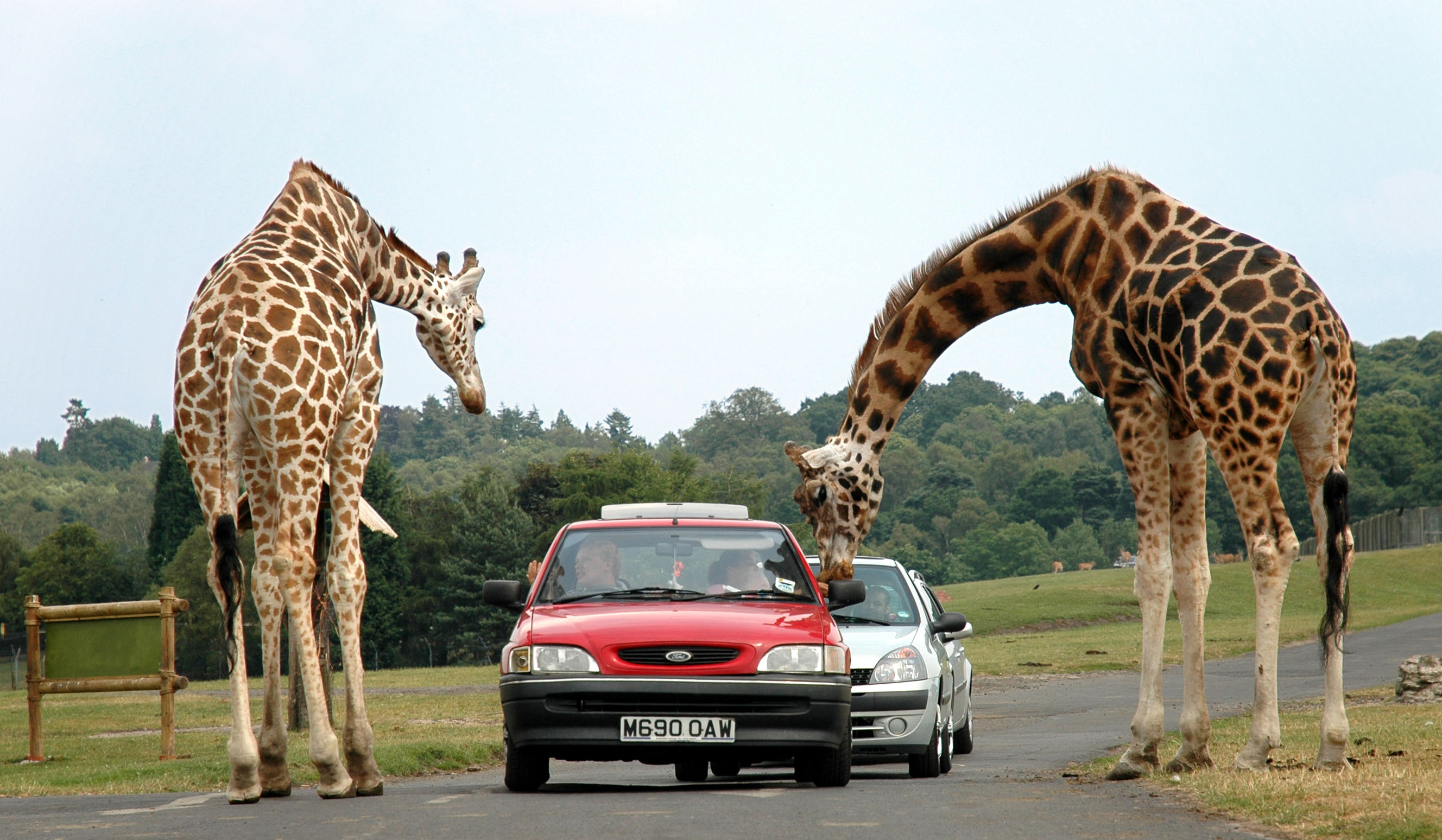In the wake of the Cecil the Lion hunting discussion, the topic of the week is “eco safaris vs trophy hunting”. The ethics of trophy hunting are far too complex to discuss in one short weekly article. Many people will say that killing large, healthy animals is “bad” whereas viewing animals in their natural habitat without killing or even touching them is “good”. Even though eco safaris may seem more environmentally friendly than trophy hunting, there is more to consider than just animals being killed. Despite the word “eco” implying a low environmental impact, eco safaris involve large amounts of people intruding on an ecosystem that would otherwise not see such human traffic. Think about these giraffes being fed by visitors, is that ethically responsible ecosystem viewing? Does it matter?

Image source: Wikipedia
Trophy hunting has an interesting effect on an ecosystem where rather than picking off the weakest of the herd like non-human hunters, hunters will tend to target large, healthy members of the prized species in order to display their hunting prowess. The result is a change in the structure of the food web, often an increase in prey populations.

Image source: wikipedia
However, with that in mind, neither trophy hunting nor eco safaris are inherently “bad”. With the proper licensing and regard to population sizes, trophy hunting can have minimal impact on the environment. Here is an article discussing the actual ethics of the killing of Cecil the Lion, which is an interesting local perspective on living in close proximity to the fearsome beasts. Safaris and eco tours can also be incredible learning experiences that bring humans more insight on the natural world. It is difficult to care about the earth and all its incredible natural ecosystems if you have never experienced them. Safaris, especially for young people, bring these habitats to life and may influence the way they live in relation to their earth for years after.
Image source: Wikipedia









